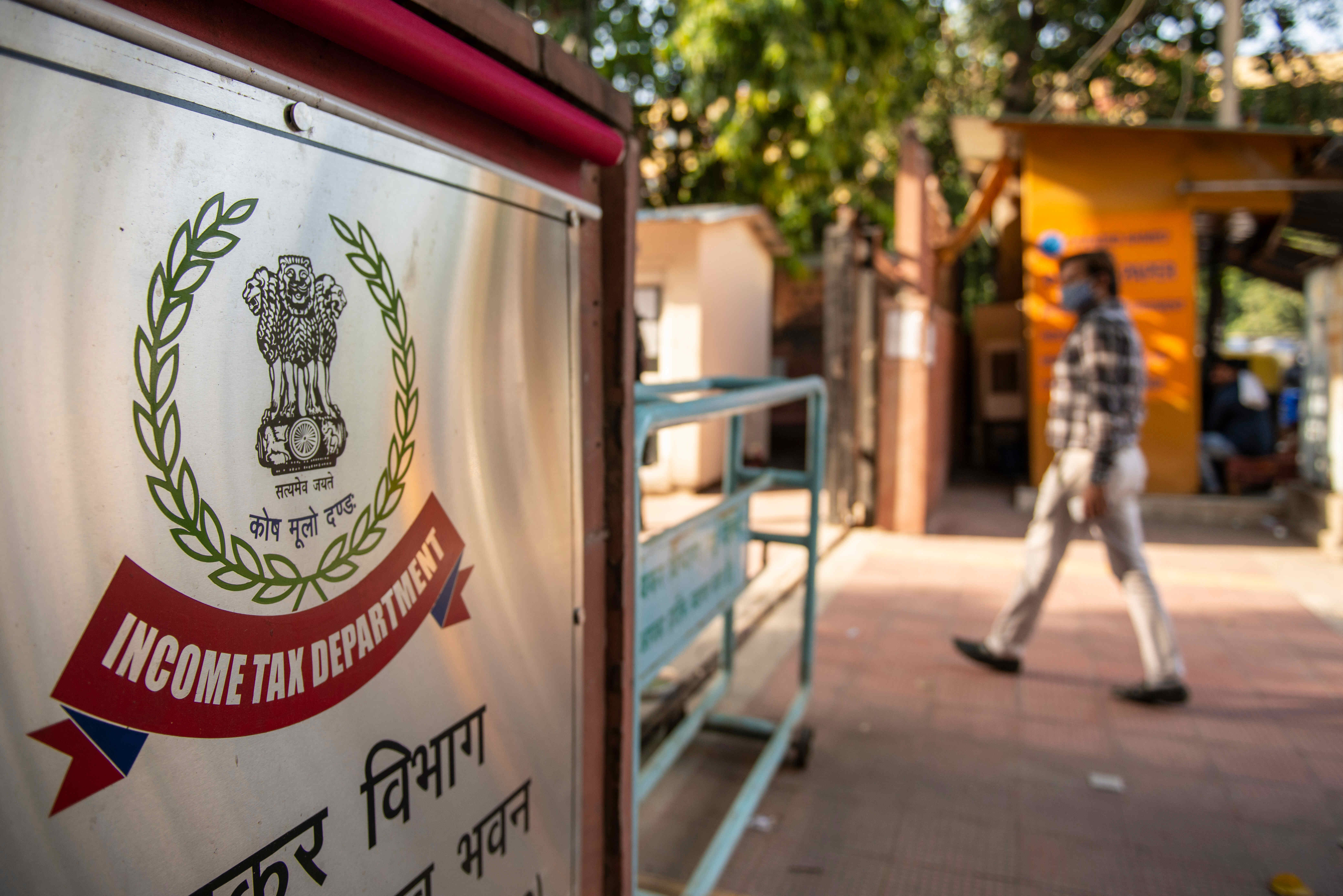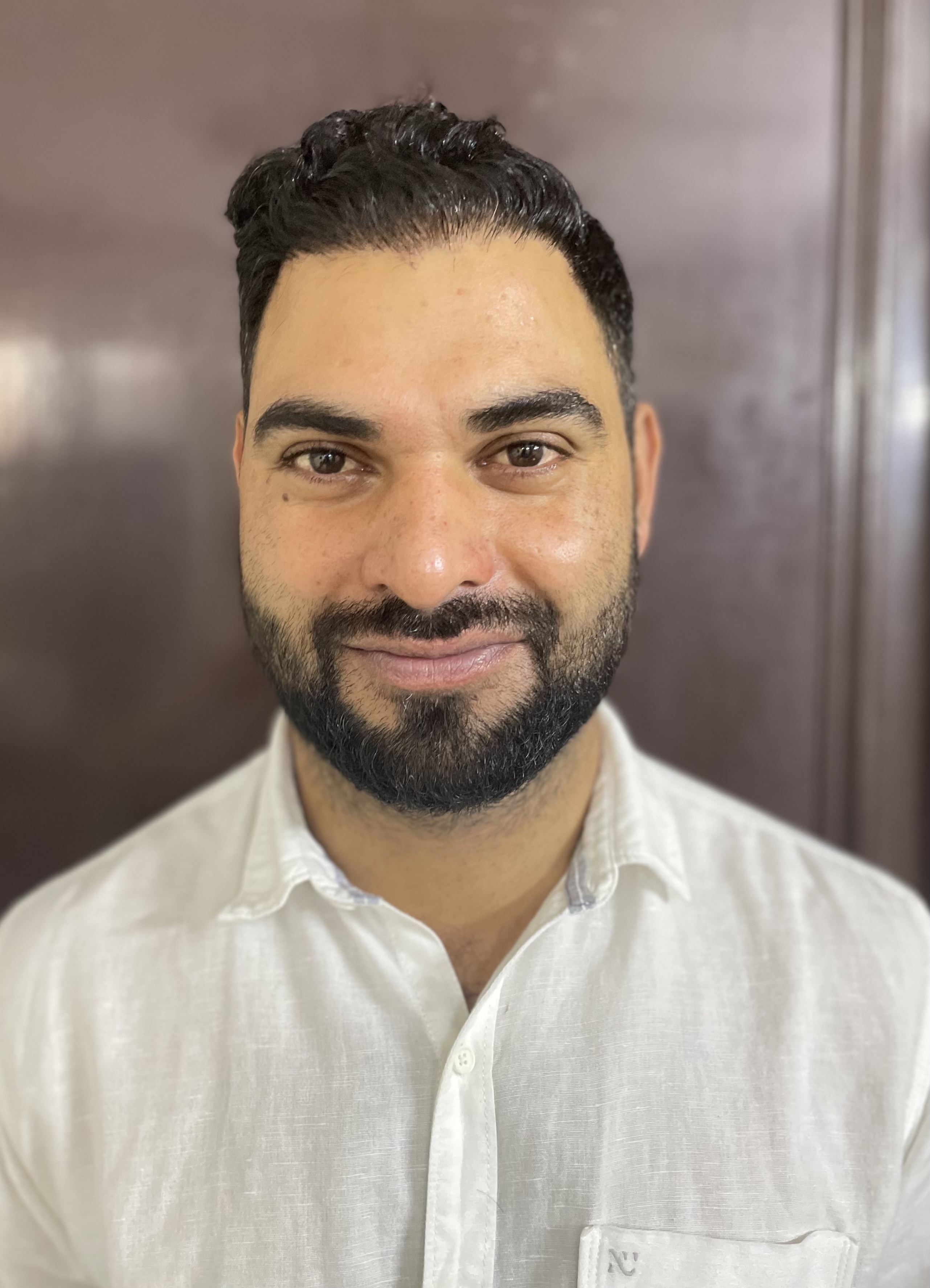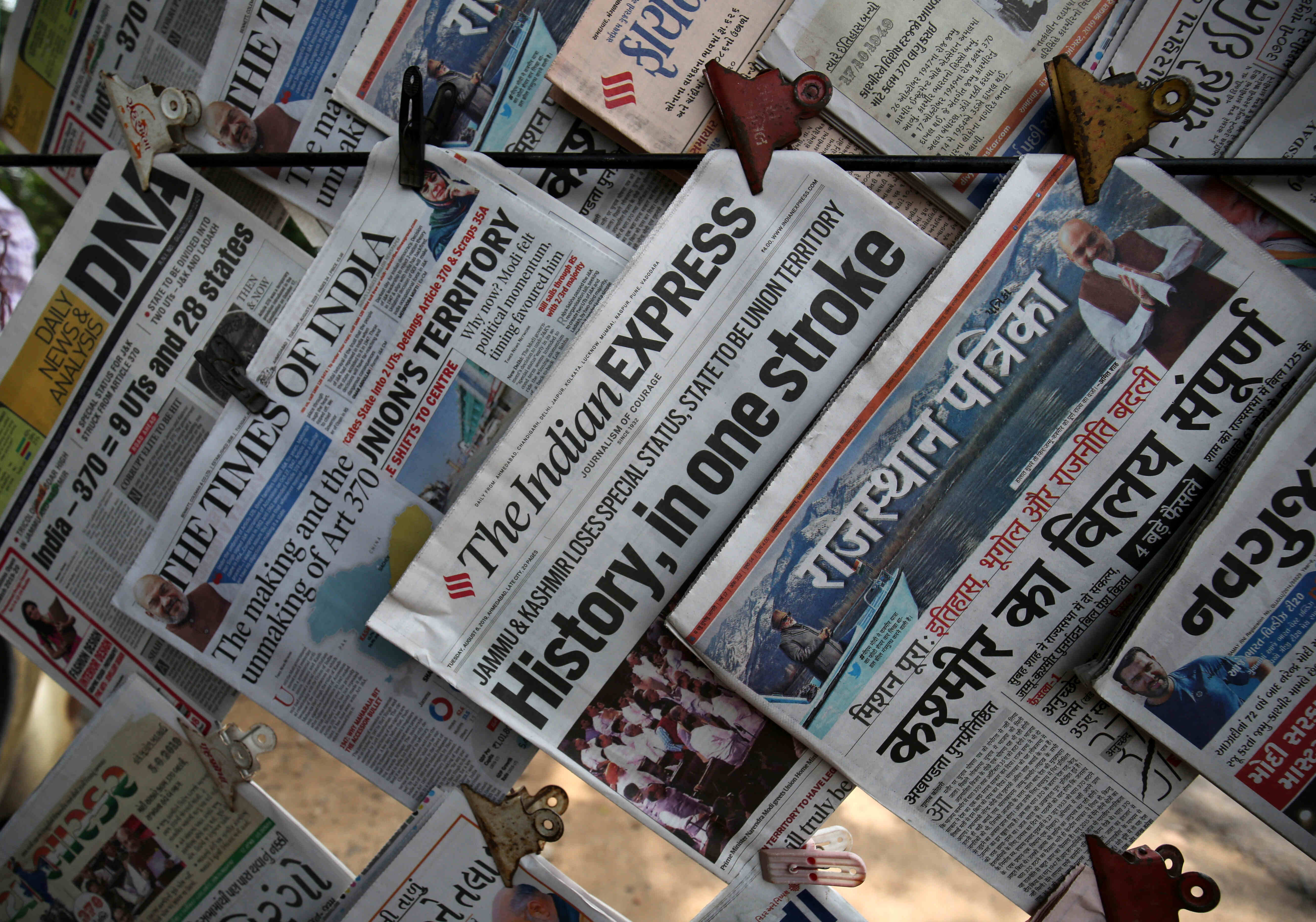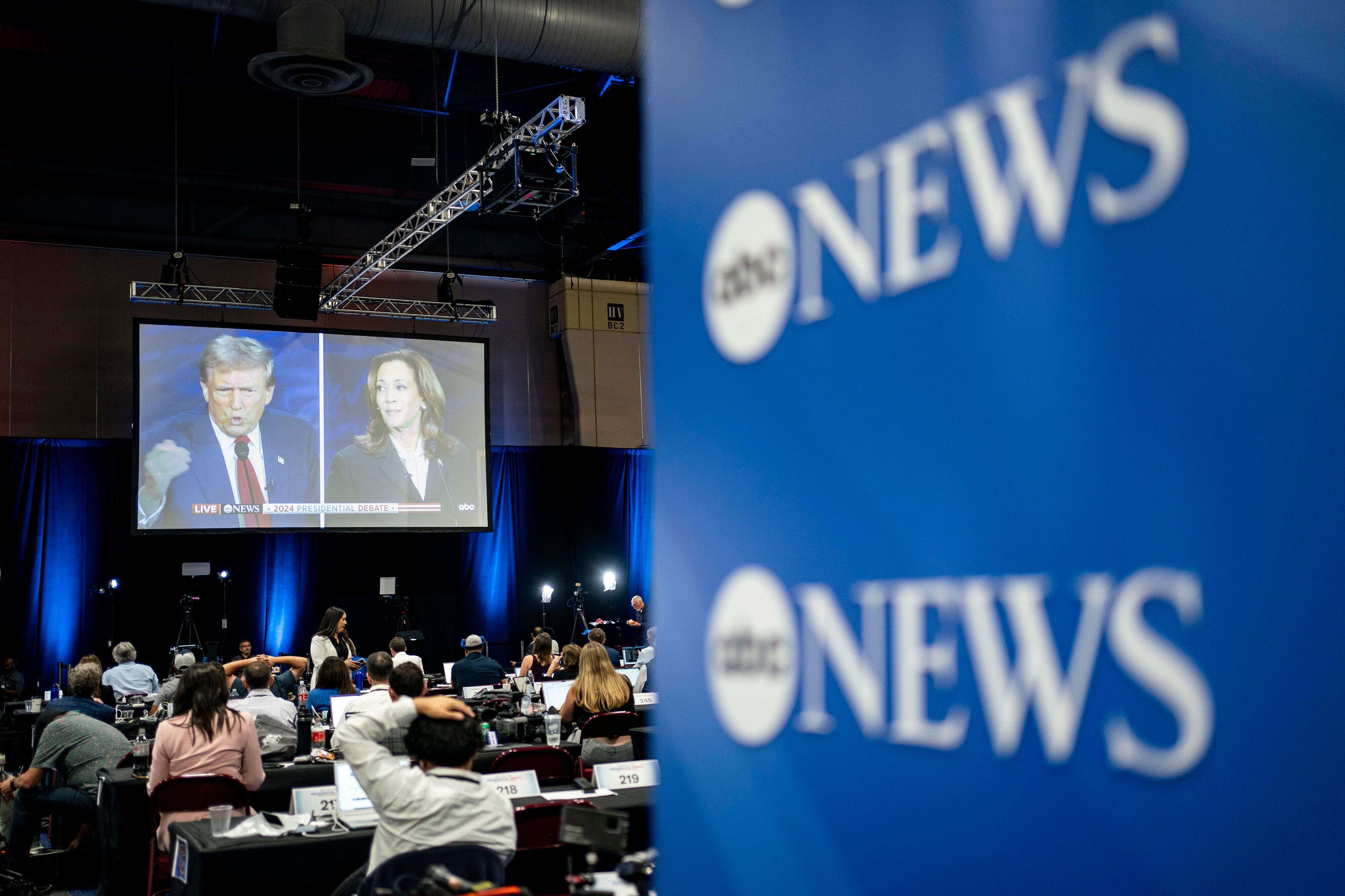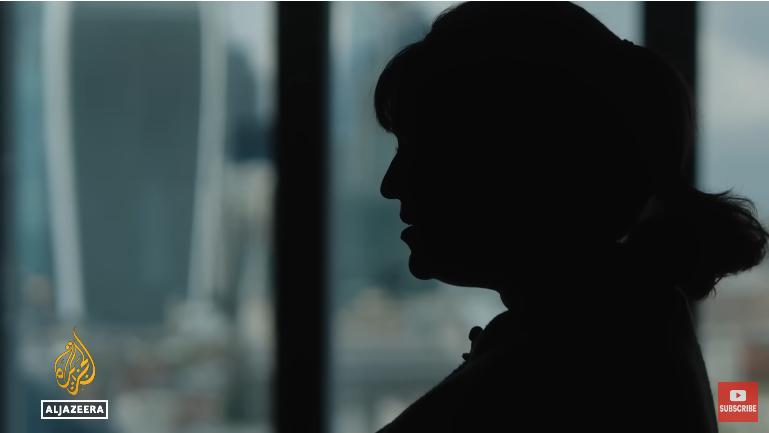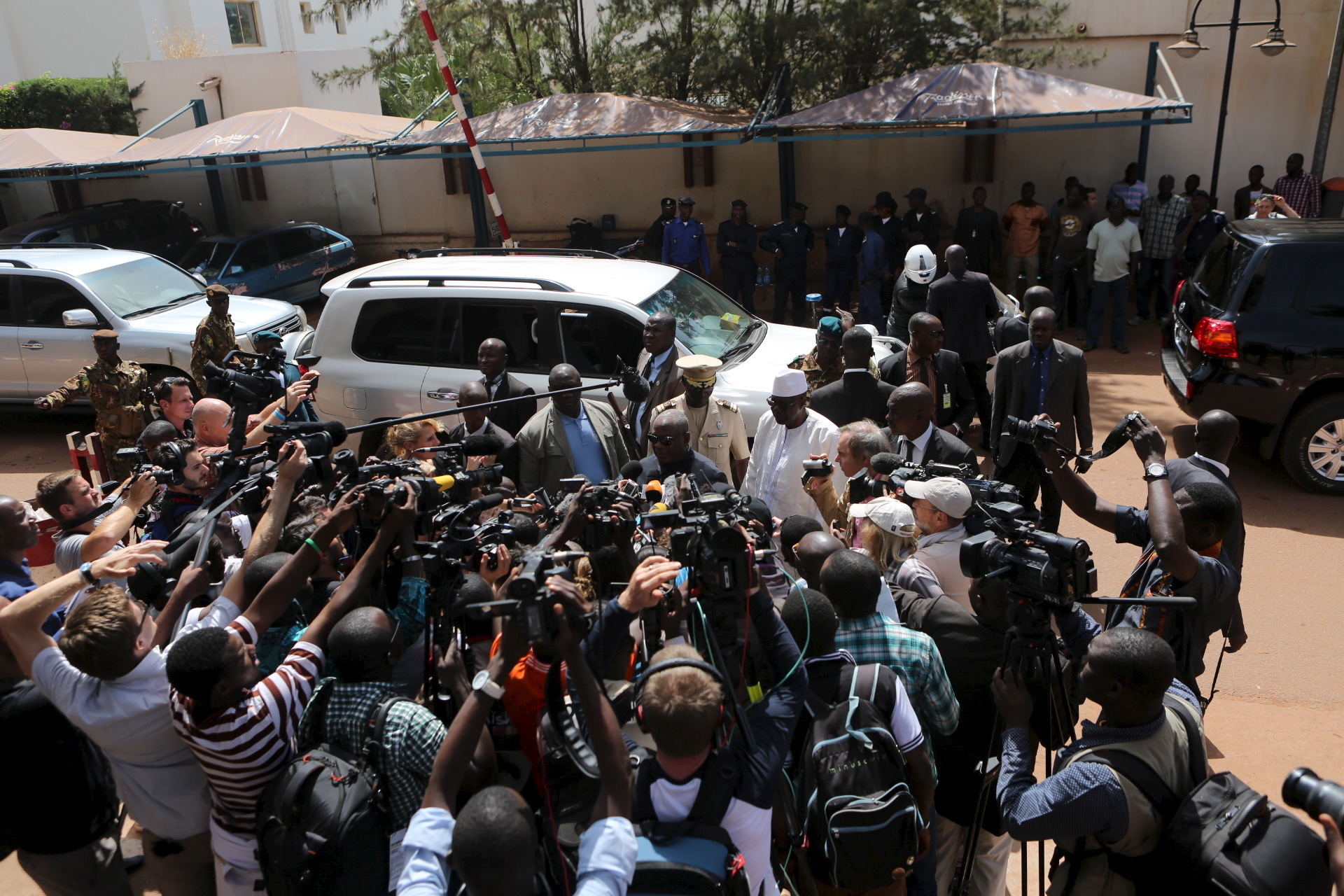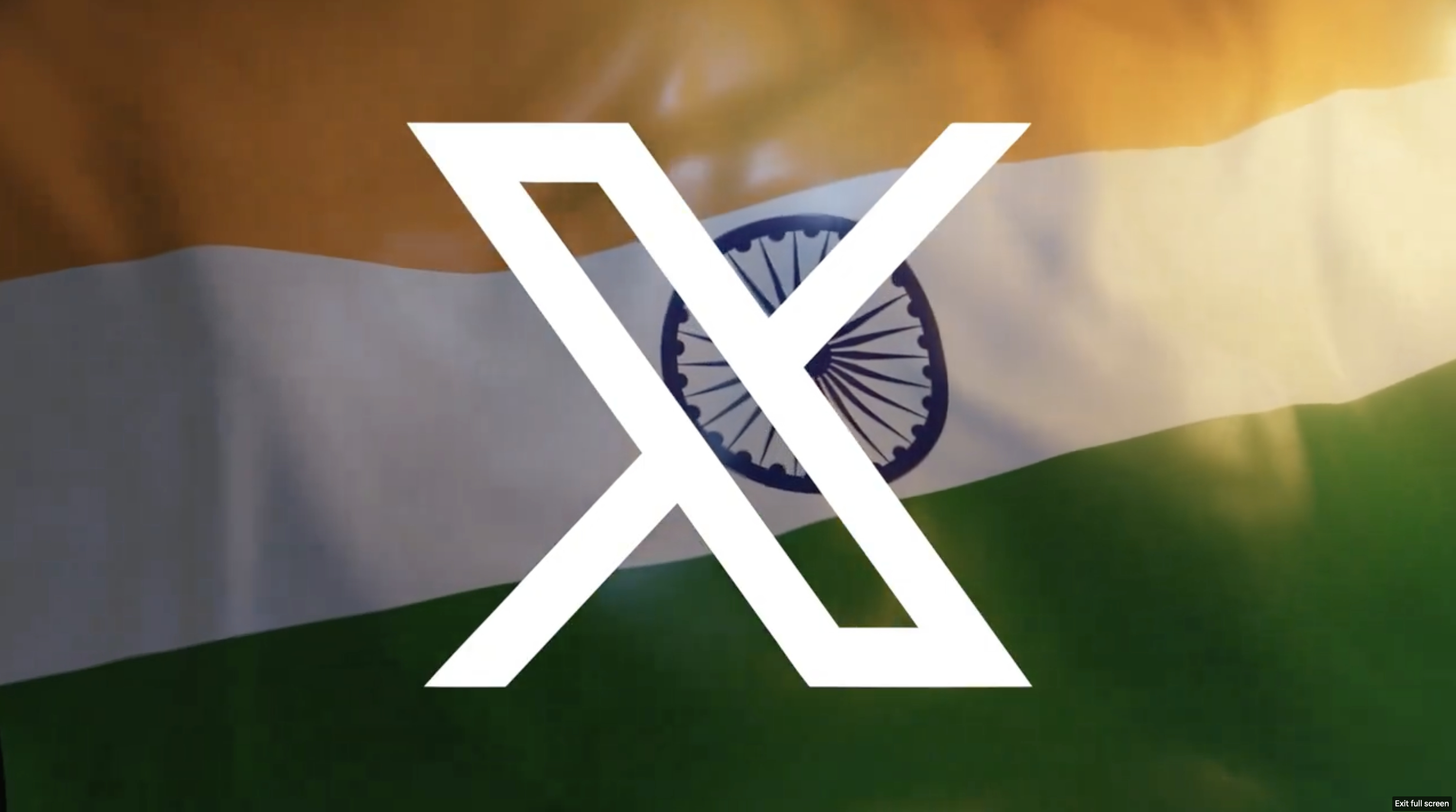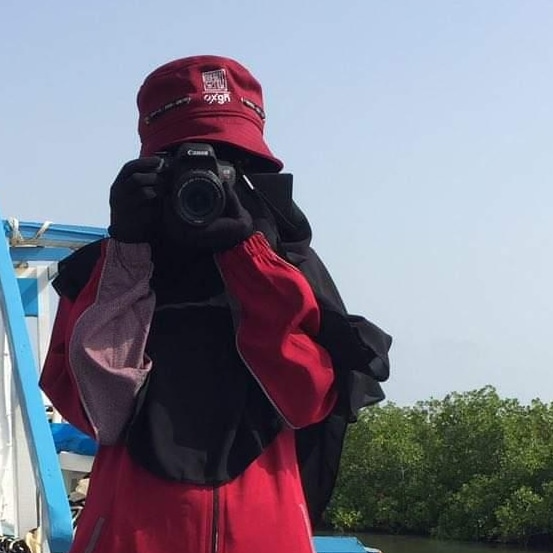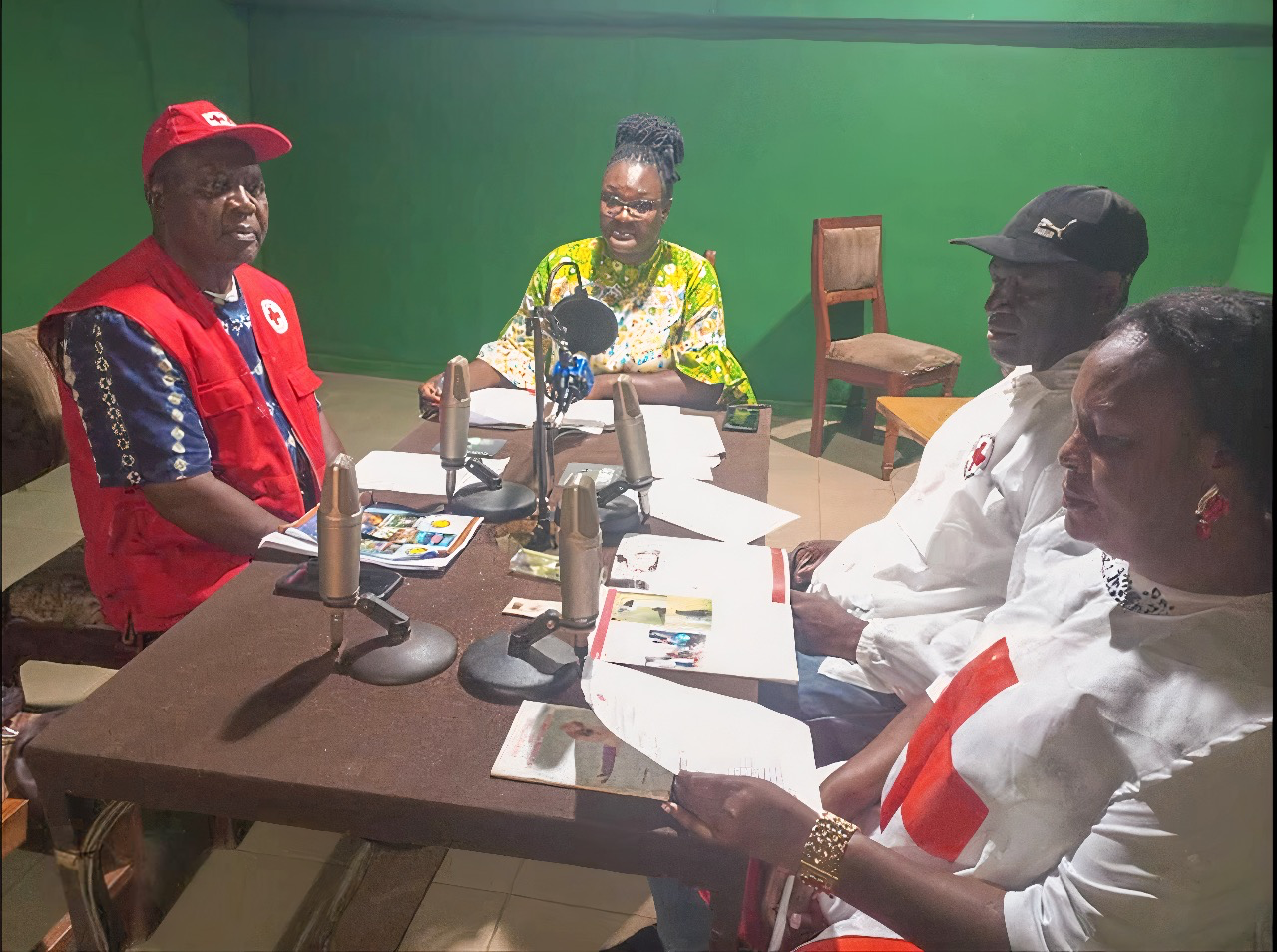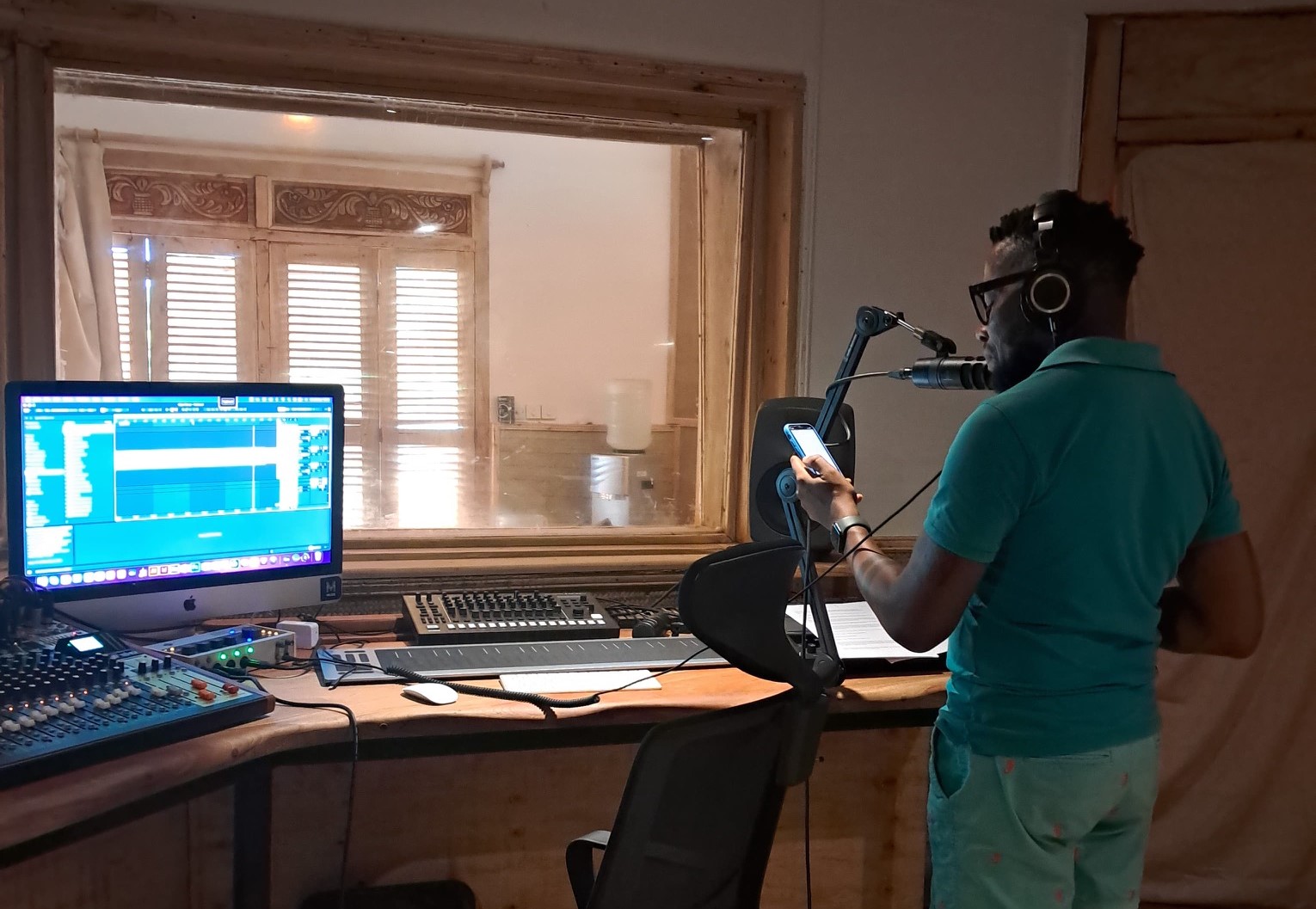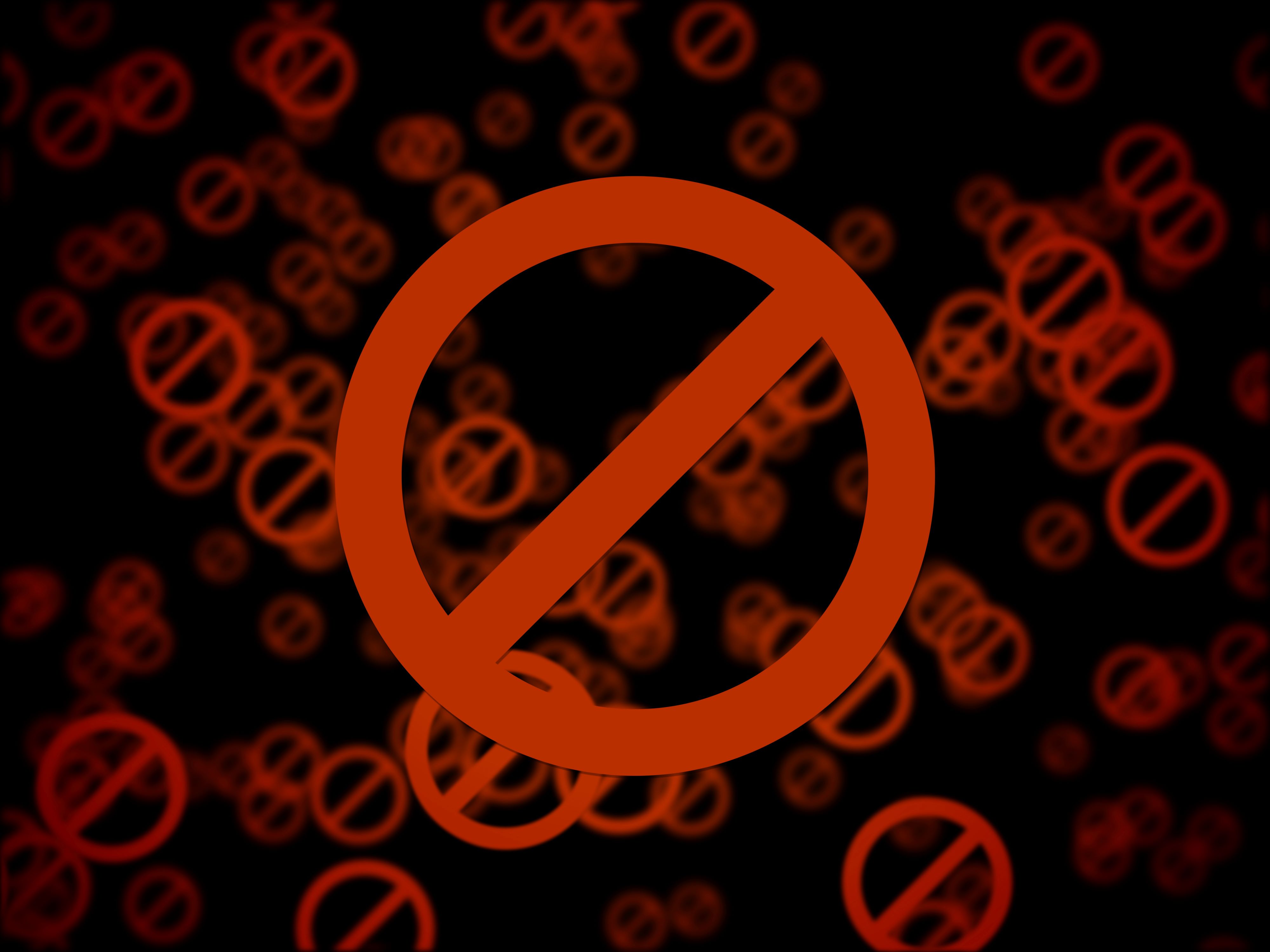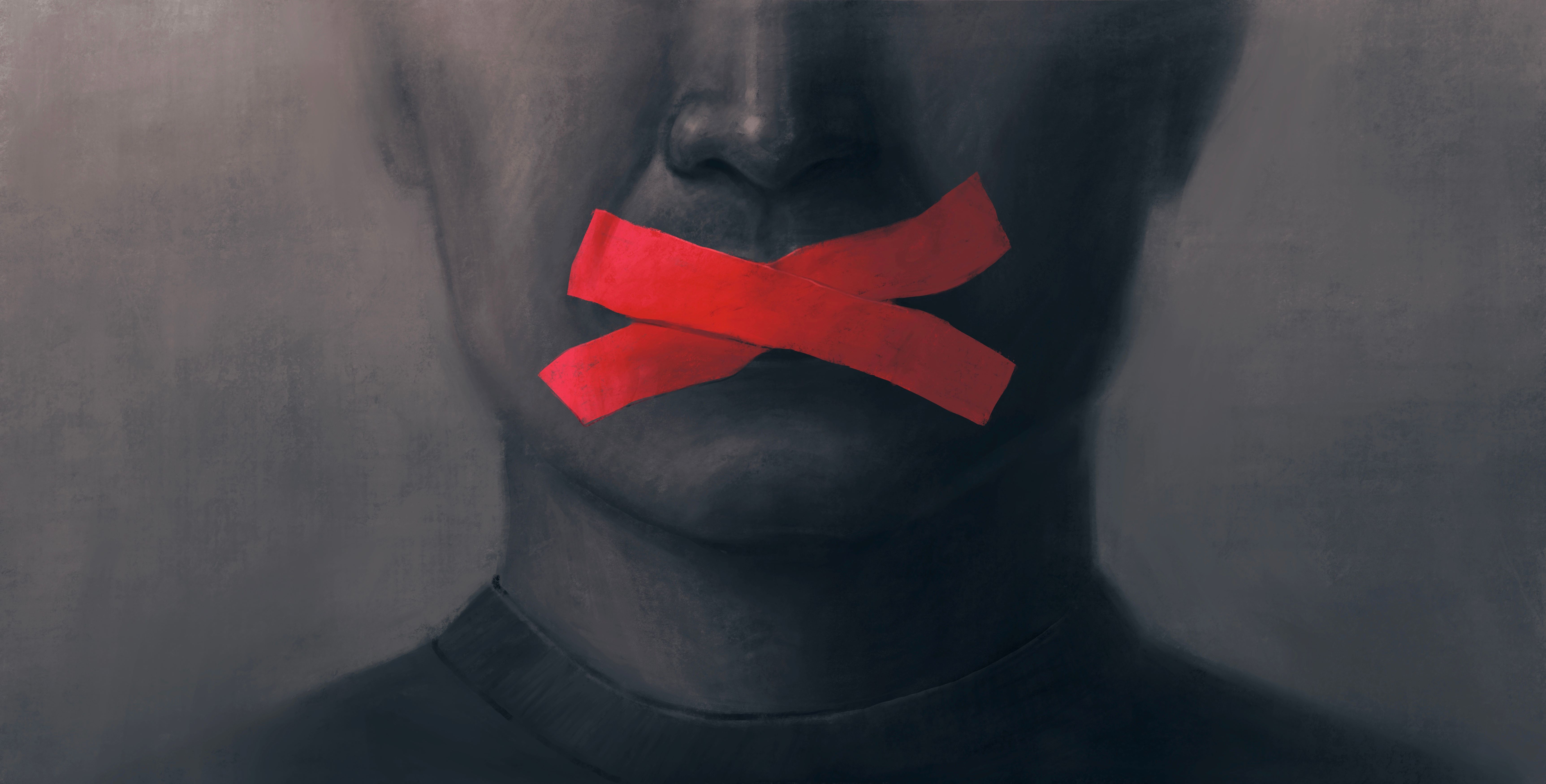يقوم الصحفيون كمستخدمين لفيسبوك بالعديد من الأنشطة على الموقع، وهي جديرة بالبحث للتعرف إلى مدى ارتباطها بعملهم الصحفي، وإلى أي مدى تفتح أبوابا جديدة لعملهم وتثريه. انطلاقا من نظرية الاستخدامات والإشباعات، تهدف هذه الدراسة للتعرف إلى استخدامات الصحفيين الأردنيين لفيسبوك والأنشطة التي يقومون بها على الموقع والإشباعات المتحققة، ومدى علاقتها بعملهم الصحفي من حيث بناء جمهور من القراء والبحث عن قصص صحفية. لتحقيق هذا الهدف استخدمت الباحثة منهج المسح حيث صممت استبانة إلكترونية مكونة من 28 سؤالا تغطي جميع محاور الدراسة تم توزيعها على عينة عمدية مكونة من 94 مفردة من مستخدمي فيسبوك من الصحفيين الأردنيين المسجلين في نقابة الصحفيين الأردنيين.تشير نتائج الدراسة أن الصحفيين عينة الدراسة يقومون بأنشطة متعلقة بعملهم الصحفي على فيسبوك بمتوسط حسابي 2.91/4 ، ولكن تنقصهم المعرفة والمهارات اللازمة لاستخدامه الاستخدام الأمثل في عملهم. وأن استخدام الصحفيين لفيسبوك في متابعة الأخبار تقدم على بناء جمهور من القراء والبحث عن قصص صحفية.كما أن أنشطة الصحفيين المتعلقة بعملهم الصحفي على فيسبوك تميل لتكون سلبية مما يقلل من فرص الاستفادة المثلى من الموقع. وكان في مقدمة دوافع استخدام الصحفيين لفيسبوك: "متابعة صفحات الصحف والمؤسسات الإعلامية ووكالات الأنباء" ثم "أعبر عن آرائي بحرية دون أن أكون محكوما بسياسة الصحيفة التي أعمل بها" ثم "يمكنني من مشاركة المحتوى بطرق متعددة".بينما جاء في مقدمة الإشباعات "مكنني من التواصل مع الأصدقاء" ثم "يساعدني فيسبوك في استقراء المزاج العام حول قضية ما" ثم "كونت من خلاله علاقات مفيدة لعملي الصحفي". كانت "المشاركات ذات الصياغة الذكية لغة ومعنى" أكثر محتويات المشاركات التي تحظى بتفاعل القراء على فيسبوك كما أشار الصحفيون. بينما حازت "الصور مع التعليق" على أكثر أشكال المشاركات التي تحظى بتفاعل القراء. "متابعة مشاركات الأصدقاء والصفحات على فيسبوك" حازت على المرتبة الأولى كأفضل وسيلة للبحث عن قصص من وجهة نظر الصحفيين.
كلمات مفتاحية: الصحافة، الإعلام الاجتماعي، شبكات التواصل الاجتماعي، فيسبوك.
ملخص النتائج:
- 63.8% من الصحفيين عينة الدراسة يستخدمون فيسبوك منذ 5 سنوات فأكثر. ومعظم الصحفيين يفتحون فيسبوك أكثر من 3 مرات يوميا بنسبة 70.2% و43.6% من الصحفيين يقضون 3 ساعات فأكثر على فيسبوك مما يدل على أن الصحفيين نشطين على الموقع .
- جميع الصحفيين عينة الدراسة يستخدمون اسمهم الحقيقي على فيسبوك، وغالبيتهم يهتمون بوضع صورة شخصية للتعبير عنهم في الصورة الشخصية (Profile) بنسبة 73.4% بينما حازت الصور الرمزية على أعلى نسبة استخدام في صورة الغلاف بنسبة 44.7 %، بينما حازت الصور التي تتعلق في العمل الصحفي على نسبة منخفضة في الاثنتين.
- 88.3% من الصحفيين يظهرون طبيعة عملهم الحالي للجميع ، ثم المؤهل الأكاديمي بنسبة 85.1% من العينة ثم مكان الدراسة بنسبة 80.9% في البيانات الشخصية على فيسبوك.
-حازت الأنشطة السلبية على أعلى متوسطات حسابية من الأنشطة التي يقوم بها الصحفيون على فيسبوك تلتها أنشطة متابعة مشاركة المواد مع القراء ثم الأنشطة التفاعلية ثم أنشطة البحث عن قصص.
- يميل الصحفيون لمشاركة أعمالهم الصحفية مع القراء أكثر من تجاربهم الشخصية .
- يميل الصحفيون لمشاركة المواد المكتوبة (سطر الحالة والروابط) أكثر من المرئية (الصور والفيديو).
- جاء التفاعل عن طريق الإعجاب "بالمشاركات" في مقدمة الأنشطة التفاعلية التي يقوم بها الصحفيون على فيسبوك وتلاها إرسال الرسائل الخاصة ثم التعليق ثم المشاركة ثم تحديث الصور الشخصية والغلاف ثم إنشاء المجموعات والصفحات.
- أكثر الأنشطة التي يقوم بها الصحفيون بحثا عن قصص هي متابعة التحديثات والتعليقات بمتوسط /43.07 ثم جاءت متابعة الدعوات والفعاليات في المرتبة الثانية بمتوسط 2.60، وجاءت بعد ذلك الدردشة ثم الانضمام للمجموعات .
- جاء (الوسم #) في مقدمة الأدوات المتقدمة التي يستخدمها الصحفيون على فيسبوك بنسبة 55.3%، تلتها "الإشارات @" بنسبة 53.2 % ثم انخفضت النسبة بعد ذلك إلى 21.3% لقوائم الاهتمامات ثم البحث المتقدم بنسبة 16%.
- حاز دافع "متابعة صفحات الصحف والمؤسسات الإعلامية ووكالات الأنباء" على أعلى متوسط حسابي في قائمة الدوافع ككل بمقدار 2.60/3، وجاء دافع "أن أعبر عن آرائي بحرية دون أن أكون محكوما بسياسة الصحيفة التي أعمل بها" في المرتبة الثانية بمتوسط حسابي مقداره 2.59 وبأعلى نسبة تكرارات من الدوافع ككل في خيار إلى حد كبير بنسبة 67%، وحاز دافع "يمكنني من مشاركة المحتوى بطرق متعددة" على ثالث أعلى متوسط حسابي بمقدار 2.57.
- تقدمت الدوافع المتعلقة ببناء جمهور القراء على دوافع البحث عن قصص صحفية ، حيث حازدافعيْ "مشاركة أعمالي الصحفية مع القراء" و"بناء جمهور من القراء" على قيمة المتوسط الحسابي نفسه /32.51 في المرتبة الخامسة من الدوافع النفعية بينما حاز دافع البحث عن قصص صحفية بطرق جديدة على متوسط حسابي 2.43 محتلا المرتبة السابعة في قائمة الدوافع النفعية.
- تقدمت إشباعات مراقبة البيئة على باقي الإشباعات حيث حصلت على متوسط حسابي بقيمة 2.68 ثم تلتها إشباعات التفاعل الاجتماعي بمتوسط 2.54 وحازت إشباعات الهوية الافتراضية على أقل متوسط حسابي بقيمة 1.91.
- جاء في مقدمة الإشباعات التي تحققت للصحفيين من استخدامهم فيسبوك إشباع "مكنني من التواصل مع الأصدقاء" بمتوسط مرتفع 2.95/3 ثم "يساعدني فيسبوك في استقراء المزاج العام حول قضية ما" بمتوسط 2.88 ثم "كونت من خلاله علاقات مفيدة لعملي الصحفي" بمتوسط حسابي 2.81.
- أيد 33% من الصحفيين تلقي بعض زملائهم تنبيها من إدارة الصحفية بسبب آرائهم على فيسبوك، وأيد 37.2% من الصحفيين أنهم تعرضوا لشكل من المضايقات على الأقل بسبب آرائهم على الموقع.
- جاءت في مقدمة محتوى المشاركات التي تجتذب تفاعلا أكبر من القراء المشاركات ذانت الصياغة الذكية لغة ومعنى بنسبة 26.0% من المشاركات ثم المشاركات التي تطرح أسئلة على القراء وتطلب منهم المشاركة بآرائهم في أمر ما بنسبة 24.2%، ثم جاءت المشاركات التي تعكس تجربة شخصية بنسبة 22.9 %.
- أكثر أشكال المشاركات التي لقيت تفاعلا من القراء من وجهة نظر الصحفيين هي الصور مع التعليق بنسبة 28.8%، يليها سطر الحالة من 1-5 أسطر بنسبة 26.6%، ثم الفيديوهات مع تعليق بنسبة 18.0%.
- متابعة مشاركات الأصدقاء والصفحات على فيسبوك حازت على أعلى تكرار بنسبة 26.8% من الإجابات كأفضل وسيلة للبحث عن قصص من وجهة نظر الصحفيين ثم جاءت متابعة الدعوات للفعاليات على فيسبوك في المرتبة الثانية بنسبة 19.2% من العينة، ثم متابعة تعليقات القراءعلى مشاركاتي والتفاعل معهم بنسبة 17.9 %.
- توجد علاقة سلبية دالة إحصائيا بين متغيري العمر وعدد سنوات الخبرة في العمل الصحفي وكل من الأنشطة التفاعلية، والأنشطة المتعلقة بالعمل الصحفي، فكلما زاد العمر وسنوات الخبرة قلت هذه الأنشطة.
- توجد علاقة إيجابية دالة إحصائيا بين معدل استخدام فيسبوك والدوافع النفعية وإشباعات الهوية الافتراضية فكلما زاد معدل استخدام فيسبوك زادت الدوافع النفعية وإشباعات الهوية الافتراضية.
- توجد فروق ذات دلالة إحصائية تعزى لمتغير العمر في الدوافع النفعية والإشباعات الاجتماعية.
للاطلاع على الدراسة، حمل نسخة البي دي إف أعلاه







